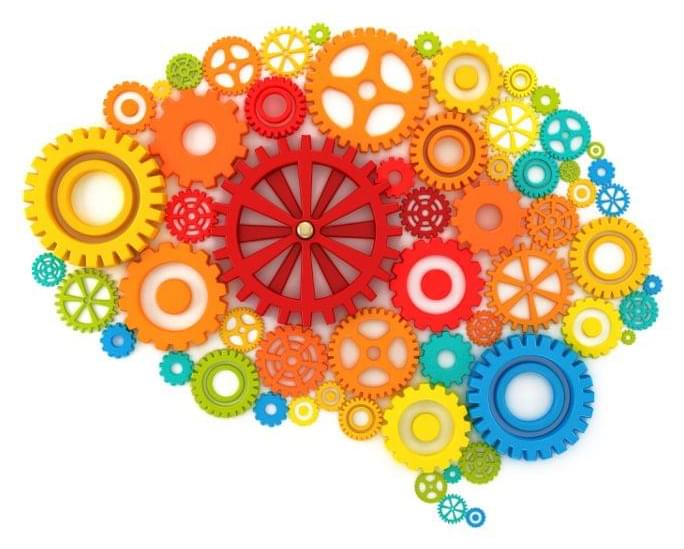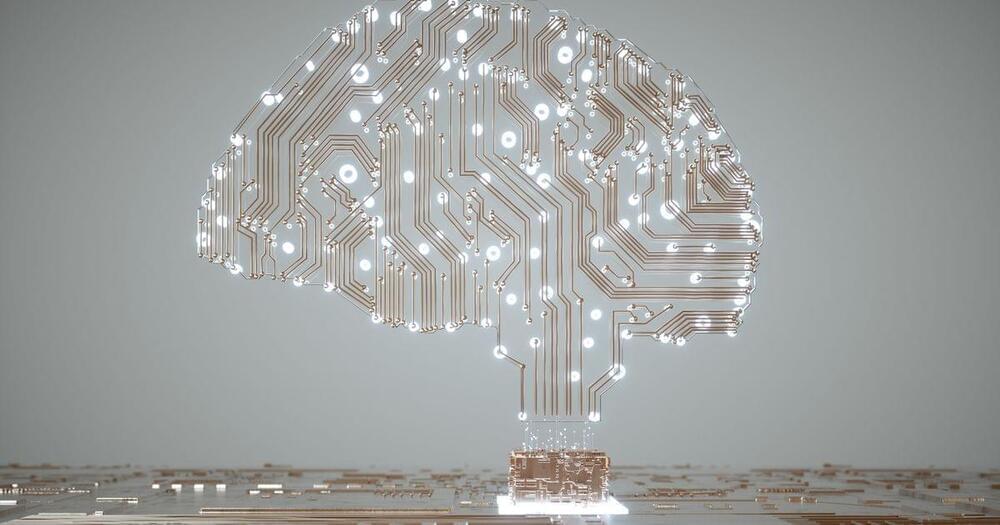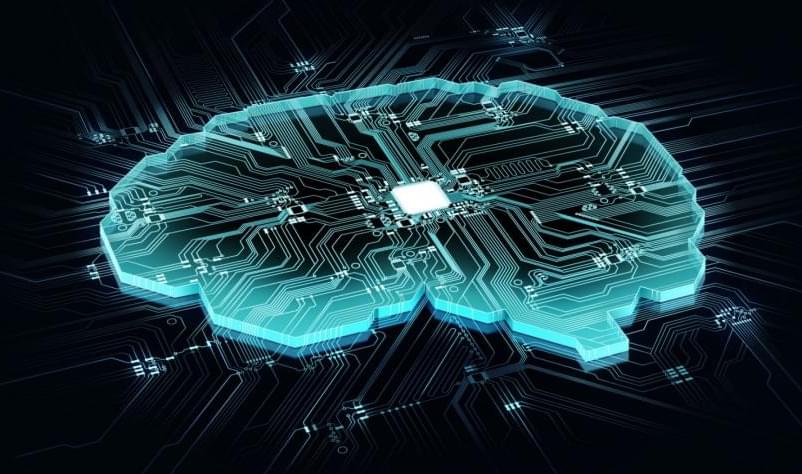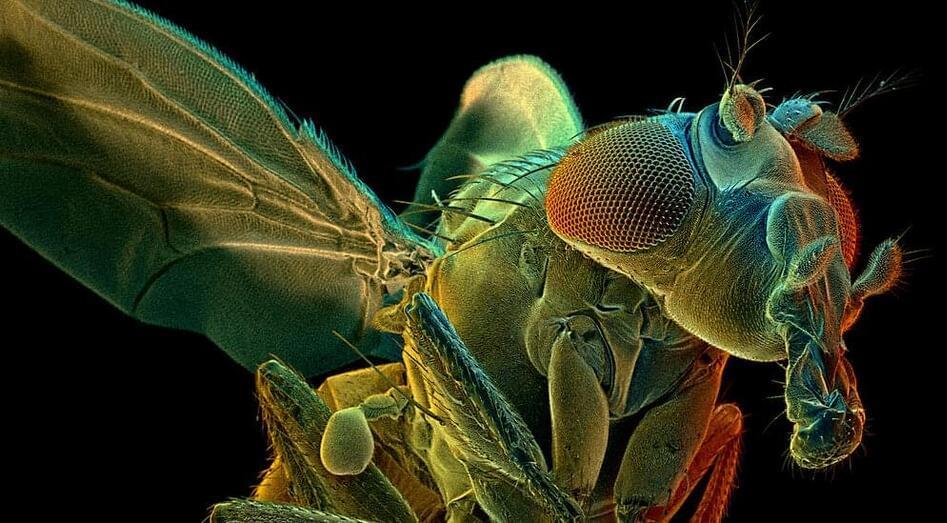And older women appeared to drive much of the plunge.
Serious cognitive problems declined 23% over a decade among women in the age group, compared to 13% among men, the study published last month in the Journal of Alzheimer’s Disease found.

And older women appeared to drive much of the plunge.
Serious cognitive problems declined 23% over a decade among women in the age group, compared to 13% among men, the study published last month in the Journal of Alzheimer’s Disease found.

A recent study published in Nutrients1 found that a patented complex of bonded arginine silicate called Nitrosigine (from Nutrition 21, based in Harrison, NY) supported cognitive health and memory. In the randomized, double-blind, crossover study, 19 young adults either consumed the arginine silicate or placebo. Participants completed the Repeatable Battery for the Assessment of Neuropsychological Status (RBANS) and two digital cognitive assessments before consuming the supplement, then completed the same battery of tests an hour after consumption.
Results showed that those taking the supplement saw significantly improved RBANS and immediate memory scores by 11% and 27%, respectively, compared to placebo. Nitrosigine has been linked to increased nitric oxide availability, which is associated with enhanced vasodilation, blood flow, exercise performance, and mental acuity.
“The results of this study further aligned with previous findings that show how administering Nitrosigine can improve mental focus, memory, and acuity due to an increase in NO levels,” said Danielle Greenberg, PhD, FACN, vice president, scientific affairs, Nutrition21, in a press release. “Therefore, consuming products made with Nitrosigine can help those looking to get in the zone and maximize their performance during a workout, while taking a test, or when performing other tasks of a similar nature.”

It’s been described as the “first direct-thought tweet” after Mr O’Keefe said said “Hello World” using the brain implant.
Synchron, a brain computer interface company, announced a Twitter takeover by Philip O’Keefe on December 23rd.
How does our biology give rise to the experience of consciousness?
Anil’s new book “Being You” is available now: https://geni.us/anil.
Watch the Q&A: https://youtu.be/JZS39CaODTs.
Anil Seth argues, using innovative combinations of theory and experiment, that our brains are prediction machines inventing our world and correcting our mistakes by the microsecond. Anil’s new perspective on consciousness has shed light on the nature of the self, free will, the intimate relationship between being alive and being aware — and the possibility of conscious machines.
Anil Seth is Professor of Cognitive and Computational Neuroscience at the University of Sussex, where he is also Co-Director of the Sackler Centre for Consciousness Science. He is also a Wellcome Trust Engagement Fellow, Co-Director of the Canadian Institute for Advanced Research (CIFAR) Program on Brain, Mind, and Consciousness, and Co-Director of the Leverhulme Doctoral Scholarship Programme: From Sensation and Perception to Awareness.
–
A very special thank you to our Patreon supporters who help make these videos happen, especially:
Supalak Foong, efkinel lo, Abdelkhalek Ayad, Martin Paull, Ben Wynne-Simmons, Ivo Danihelka, Hamza, Paulina Barren, Kevin Winoto, Jonathan Killin, János Fekete, Mehdi Razavi, Mark Barden, Taylor Hornby, Rasiel Suarez, Stephan Giersche, William ‘Billy’ Robillard, Scott Edwardsen, Jeffrey Schweitzer, Gou Ranon, Christina Baum, Frances Dunne, jonas.app, Tim Karr, Adam Leos, Michelle J. Zamarron, Fairleigh McGill, Alan Latteri, David Crowner, Matt Townsend, Anonymous, Robert Reinecke, Paul Brown, Lasse T. Stendan, David Schick, Joe Godenzi, Dave Ostler, Osian Gwyn Williams, David Lindo, Roger Baker, Greg Nagel, and Rebecca Pan.
–
Subscribe for regular science videos: http://bit.ly/RiSubscRibe.
The Ri is on Patreon: https://www.patreon.com/TheRoyalInstitution.
and Twitter: http://twitter.com/ri_science.
and Facebook: http://www.facebook.com/royalinstitution.
and Tumblr: http://ri-science.tumblr.com/
Our editorial policy: http://www.rigb.org/home/editorial-policy.
Subscribe for the latest science videos: http://bit.ly/RiNewsletter.
Product links on this page may be affiliate links which means it won’t cost you any extra but we may earn a small commission if you decide to purchase through the link.
Business Enquiries ► [email protected].
–
Undoubtedly the fear of death, encoded in our DNA to improve our chances of survival, is one of the least pleasant characteristics we are forced to live with. The idea that our life must have an end and then there is nothingness is not at all attractive, so it is not surprising that in the course of his history man has imagined countless ways to circumvent death.
Immortality (or eternal life) is the concept of surviving forever or for an indefinite period of time, without facing death or overcoming death itself.
Immortality can be intended in two main meanings, physical and spiritual. Physical immortality is generally conceived as the endless existence of the mind from a physical source, such as a brain or a computer. Spiritual immortality is generally conceived as the endless existence of an individual after physical death.
-
“If You happen to see any content that is yours, and we didn’t give credit in the right manner please let us know at [email protected] and we will correct it immediately”
“Some of our visual content is under an Attribution-ShareAlike license. (https://creativecommons.org/licenses/) in its different versions such as 1.0, 2.0, 30, and 4.0 – permitting commercial sharing with attribution given in each picture accordingly in the video.”
Credits: Ron Miller, Mark A. Garlick / MarkGarlick.com.
Credits: NASA/Shutterstock/Storyblocks/Elon Musk/SpaceX/ESA/ESO/ Flickr.
00:00 Intro.

A small box glowing with a brilliant blue light has saved the lives of numerous babies since its inception, and it’s only getting started.
This innovative box is called Crib A’Glow, and it’s a low-cost phototherapy solution for treating newborn babies with neonatal jaundice, a condition in which a baby’s skin and the whites of the eyes appear yellow due to excess bilirubin. When untreated, this ailment, which is extremely common as newborns haven’t developed the liver function to properly process the bilirubin, can cause hearing loss, blindness, brain damage, and even death, which is why instant treatment is recommended. This is where the novel phototherapy unit comes in.
Crib A’Glow was developed by Virtue Oboro 0, a mother and graphic designer from Nigeria, after her son’s experience with jaundice. Shortly after giving birth in 2015, Oboro noticed the classic yellow hue commonly associated with the disease in her son, and right after, he was diagnosed with jaundice. However, due to a lack of available phototherapy units in the hospital, his health deteriorated to the point that a blood transfusion was needed immediately. Her son survived the incident; however, Oboro was a changed woman after that.



A good deal of evidence points to declining kidney function as a cause of declining cognitive function in aging. There are strong correlations between loss of kidney function and risk of dementia, for example. Correlation isn’t a smoking gun in matters of aging, however: it is possible for any one of the underlying forms of molecular damage that cause aging, or for intermediate consequences of that damage, to give rise to otherwise unrelated pathologies in different parts of the body. Those pathologies appear more often in people with greater amounts of that form of damage, and thus appear correlated.
Nonetheless, there are good reasons to think that kidney failure and its downstream consequences contribute meaningful to neurodegeneration, perhaps largely by degrading the function of the vascular system. Vascular aging can cause damage and dysfunction in brain tissue via numerous mechanisms, including the pressure damage of hypertension, similar damage resulting from an acceleration of atherosclerosis, failing to delivery sufficient nutrients and oxygen to the energy-hungry brain, and disruption of the blood-brain barrier, allowing inflammatory cells and molecules into the brain.